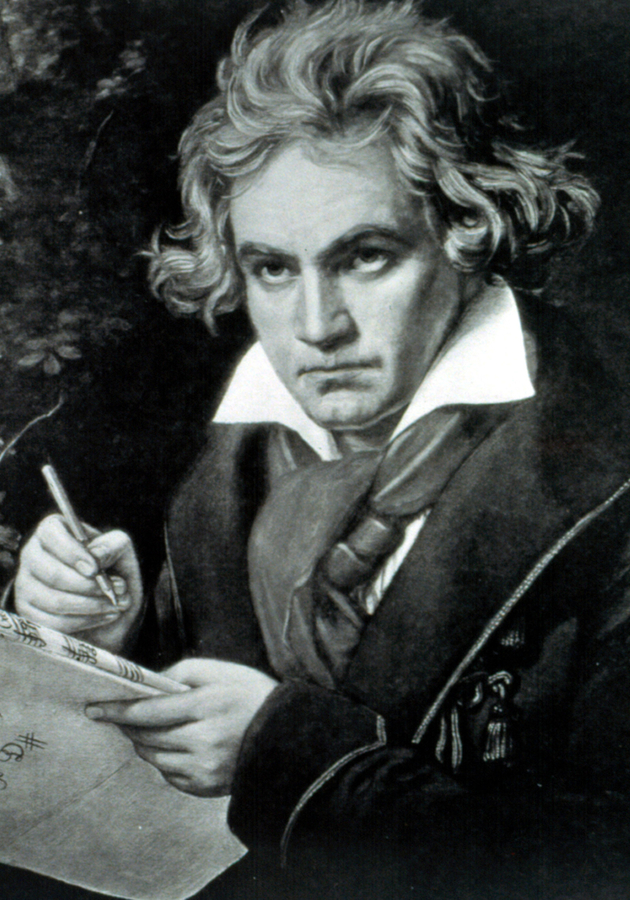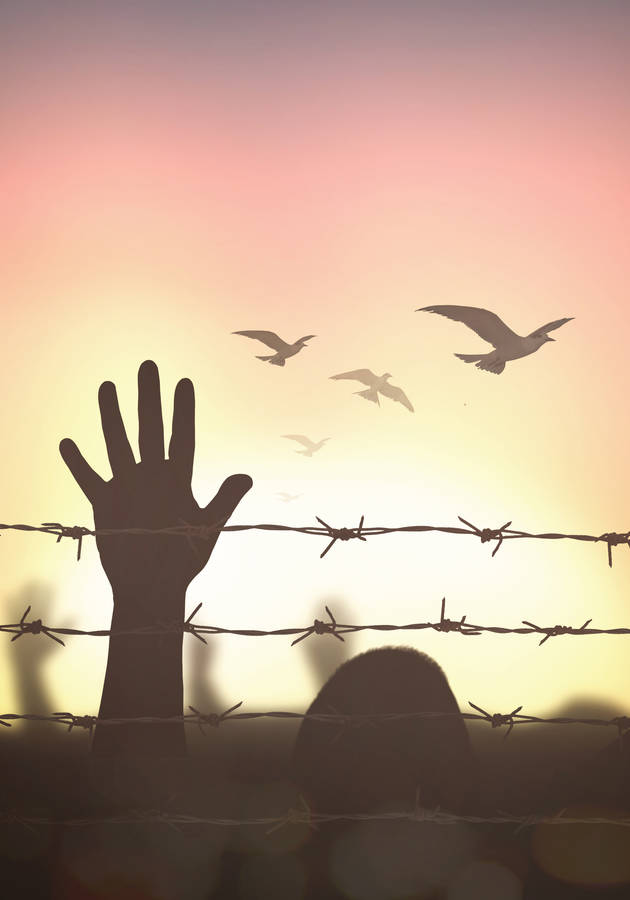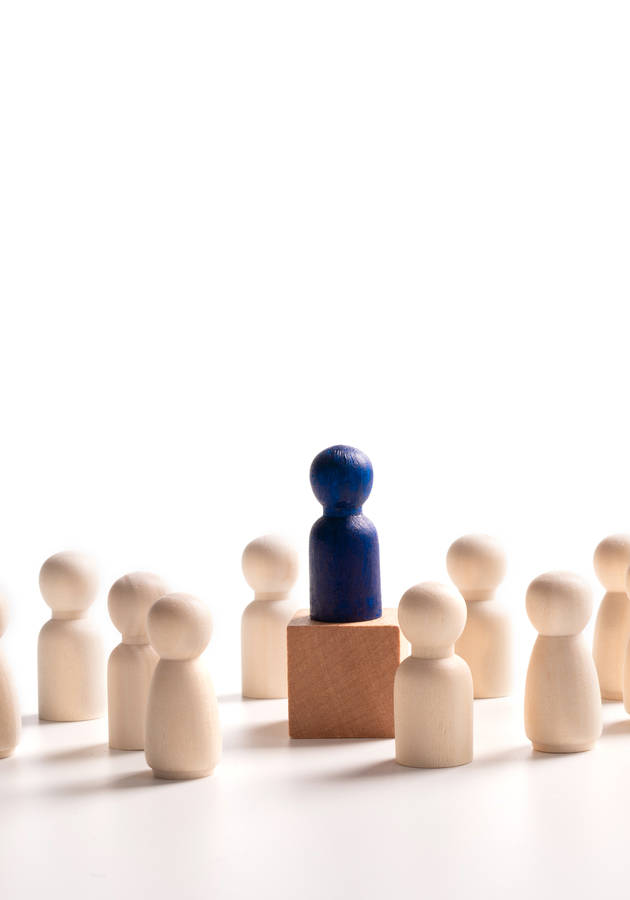We live in a world of choice. And we’ve grown accustomed to believe that having choice is equal to freedom. Yet, there’s almost no person on this planet that hasn’t felt paralyzed by their own inability to choose between several proposed options.
Written by Barry Schwartz – an esteemed American psychologist and professor of Social Theory and Social Action at Swarthmore College – “The Paradox of Choice” tries to explain the reasons behind this problem and also tries to give a few practical pieces of advice on how to overcome it.
If you have ever gone to a supermarket to buy some new, exotic drink and ended up buying a bottle of Coca-Cola about an hour and a half later, you can already guess what this book is about.
In a nutshell, Schwartz says it is not your fault, biology and society are to blame. Some people call this problem “choice overload.”
Although that is not precisely the technical term for it, let Schwartz tell you the one that will make you the smart guy in your office. Even though considered a social problem, you are still able to do something about it. So, let’s go!
Paralysis analysis
Imagine how you’d react if someone told you that, starting from tomorrow, you’ll be able to stream only half of the films you can today. Time for a worldwide #QuitNetflix Twitter campaign, right?
Now, what if we told you that it is for your own good? That’s the starting point of “The Paradox of Choice.” Throughout the book, Schwartz suggests that we are wrong to equate choice with freedom because the equation works only to some extent. In other words, more alternatives do mean more freedom, until it evolves into a state of overchoice, when it leads to confusion, anxiety, and stress. Or, even a state of analysis paralysis.
It rhymes, but let’s face it – no phrase that includes the word “paralysis” in it is a positive one. Analysis paralysis means that, by facing an abundance of choices, you’re locked in a state of overthinking, which might lead to a situation where you can’t make your choice at all. In short: “many options” equals to “a lot of thinking” equals to “no action.”
That is why you bought that bottle of Coca-Cola almost two hours after going inside the supermarket to buy some new, exotic drink! You were free to buy anything you wanted, but you bought the thing that you buy every time you want to refresh yourself.
Why? There are too many choices.
We need to talk about depression
You may think that this is quite counterintuitive. After all, how would it be possible having more choice doesn’t mean more freedom?
As implied above, more choice is better than no choice at all. That should be clear from the start. However, having more options works only to a certain extent, after which it is detrimental to your health and happiness, and this is the part you need to understand.
How’s that?
When you have the option to choose from everything, and you are still not happy with your choices, then the fault is either yours or the world’s, right? Besides, when that happens, suffering and depression are even more inevitable than when you have no choice at all.
Think of it this way: when you don’t have any choices and don’t have any control over what is happening to you, as bad as it is, in time, you soon learn to live with it. You are unhappy and depressed, but you can always comfort yourself saying something like: “Well, it’s not my fault that I never became a great writer: the government controls everything from the critics to the universities and the cultural institutions!”
However, when you have millions of choices, and the ones that you make don’t work out the way you expected to, then you’re riddled with guilt and regret. Because the problem is not only making a choice, it is also about making the right one.
Nonetheless, it is statistically improbable that you’ll make all the right choices. You’re bound to make a big mistake or two, whether it is with choosing your university, your career, or your partner.
Even so, since you were able to make any choice, you start pointing the finger in your direction. “How could I have been so wrong about this?” you start whispering to yourself every night before going to sleep, unaware that the game is rigged and that you can’t win.This means that the more choices we have, the less in control we feel.
Do you want evidence?
In 1966, only 9% of Americans felt left out of things going on around them; in 1986, the number was 37%. Back to 1966, 36% agreed that what they thought didn’t matter; in 1986, two-thirds of the American population gave that answer.
Too many people take second best, but I won’t take anything less
It only gets worse from there!
The Paradox of Choice goes even a step further. Nowadays, it warns that even making the right decision may lead to no satisfaction at all.
Why?
Thanks to two things.
First of all, there’s something scientists refer to as hedonic adaptation. It is, colloquially speaking, the act of getting used to things. Hedonic adaptation is the reason why your new shoes make you happy just for a week or so.
A famous study discovered that after a year, a lottery winner is barely happier than a person left paralyzed by an accident. We’ve gotten so far because we were able to adapt to things. That’s the underlying mechanism of evolution; we adapt to our choices as well.
So, regardless of whether you have two choices or a thousand, after some time, none of them will be able to boost your sense of pleasure.
The second reason why even making the right choice may make you unhappy is less straightforward. To understand it, you must first know that, as far as choices are concerned, there are only two types of people on this planet: maximizers and satisficers.
Most of the people living in the West are, due to the nature of their societies, maximizers. They are taught to seek and accept only the best. They want each and every one of their choices to be the right one.
Yet, how can you know if you have made the right choice until you’ve analyzed the look, the price and/or the possible effects, and outcomes of each one?
An overwhelming and daunting task, also psychologically exhausting. Maximizers treat everything like clothing: they expect to try a lot on before finding the perfect fit. That’s not that bad when we’re talking about sweaters or socks. But what about careers, jobs, partners? We have only limited time on Earth, not to mention that, unlike socks, people can get hurt.
As a direct consequence of this attitude, for maximizers, even making the right choice may yields no satisfaction at all. Although making the wrong choice is, obviously, much worse. In other words, if you are a maximizer (as 9 out of 10 people are in the West), you are bound to be unhappy. By far, the better option is to be a satisficer.
If you are one, you’ve already learned that there will be something better than what you have chosen, and you have opted not to worry about that. You’ve decided that the fact you’re offered so many options doesn’t mean that you have to try them all.
You’ve constrained your freedom to get some satisfaction out of your choices. This is a difficult thing to do, but it is necessary if you want to be happy.
Practical advice: What to do about the choice?
Schwartz is saying that there is a way out of the vicious circle that is “the paradox of choice.”
The last chapter of Barry Schwartz’s book is a well-thought-out list of 11 practical and actionable bits of advice which should help you overcome your biological insufficiencies that lead to paralysis analysis, hedonic adaptation, and depression.
1. Choose when to choose. There are some important choices and others that don’t deserve your time and energy. So, decide on when to choose and when not to.
2. Be a chooser, not a picker. When faced with overwhelming choice, we are forced to become pickers. Resist the temptation and be a resolute chooser. To become one, use your spare time to think about what you really want in life.
3. Satisfice more and maximize less. In a culture that provides too many choices, the maximizers suffer most. So, stop listening to pop-song instructions and, do take “second best.” Learning to accept “good enough” simplifies decision making and increases satisfaction.
4. Think about the opportunity costs of opportunity costs. Don’t be tempted by “new and improved” things, and stop worrying that if you choose this, you’ll miss out on so many other things the world has to offer. Unless you’re genuinely dissatisfied, stick with what you’ve chosen.
5. Make your decisions irreversible. “Agonizing over whether your love is ‘the real thing’ or your sexual relationship above or below par,” writes Schwartz, “and wondering whether you could have done better is a prescription for misery. Knowing that you’ve made a choice that you will not reverse allows you to pour your energy into improving the relationship that you have rather than constantly second-guessing it.”
6. Practice an “attitude of gratitude.” That’s self-explanatory: instead of keep moaning about the bad things in your life, start being grateful for the good stuff.
7. Regret less. There are things to be regretful about. When your tooth hurts, you go to the dentist and ask him to try and fix it, the pain won’t be gone if you just keep touching it over and over again.
8. Anticipate adaptation. No matter what you do, you’ll get used to even the things that bring you the most satisfaction. Acknowledge this.
9. Control expectations. Reduce the number of options you consider and stop idealizing things. Allow for serendipity from time to time.
10. Curtail social comparison. The best way to control and adjust your expectations is by not comparing your choices to those made by other people. We are different. Why should our choices be similar?
11. Learn to love constraints. As any creative person will tell you: restrictions are useful. After all, why do poets so often choose to write rhyming couplets, instead of using free verse whenever possible? “Choice within constraints, freedom within limits,” concludes Schwartz, “is what enables [us] to imagine a host of marvelous possibilities.”
Final Notes
“The Paradox of Choice” is a book concerned with affluent Western societies. Schwartz’s idea is that just as much as developing countries would profit from having more choice, European and North American countries would benefit from having less. Because unhappiness is growing among their populations because they have too much choice
Schwartz deftly uses quite a few sociological, psychological, and even economic studies to convincingly support his compelling argument. Therefore, even if you don’t agree with Schwartz, read what he has to say on the subject first, and then make your decision. Or, at least watch his TED Talk entitled The Paradox of Choice. Trust us: it’s worth it.
12min Tip
This night, watch either one of the first few movies that pops up on Netflix or no movie at all! Because the alternative is clicking and scrolling for two hours straight and watching hundreds of trailers, before making an informed decision and start watching a movie with too many expectations involved. Do you know where that ultimately leads to? You won’t feel satisfied,even if the film is great.





























